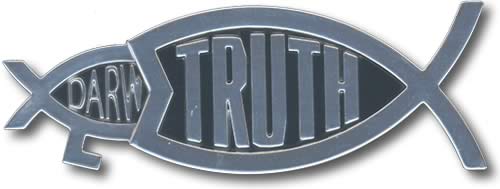
If I were to say the words Darwin, Evolution, Religion, and Creation in one sentence, you probably think you already know how it will go. The religious controversy surrounding Charle Darwin’s theory of evolution by natural selection as laid out in his On the Origin of Species is an old one, championed in our time by such biologists and philosophers as Richard Dawkins and Daniel Dennett. The argument is so well-known and ingrained in our culture, that the phrases Darwinian and Creationist are often juxtaposed such as to suggest that Darwin himself, while laying out his theory, had it in mind to use science and a mechanistic world-view to destroy the the idea that our world and the creatures in it were designed and created by an intelligent God.
This, however, is not the case, as anyone who has taken the opportunity to glance at On the Origin of Species can tell you.
I recently attended a talk by UChicago Historian Robert Richards, whose reading of Darwin places him much closer to German romanticists like Goethe and Alexander von Humboldt than anti-religious scientists today would have it. In the talk, Dr. Richards drew my attention to the very last paragraph of the work, which I’ve reprinted below:
Thus, from the war of nature, from famine and death, the most exalted object of which we are capable of conceiving, namely, the production of the higher animals, directly follows. There is grandeur in this view of life, with its several powers, having been originally breathed into a few forms or into one; and that, whilst this planet has gone cycling on according to the fixed law of gravity, from so simple a beginning endless forms most beautiful and most wonderful have been, and are being, evolved.
Far from the condemning language of the screeds of New Atheists, Darwin’s language here is fantastical, romantic, and, above all, ambiguous on the origin of life, as seen by the sentence I’ve emphasized. Darwin himself appears rather agnostic on several of the issues which are now so closely connected with his name.
So next time you want to combine Darwin, Evolution, Religion, and Creation in a sentence together, stop, purchase a copy of Dr. Richards’ new book, and then let me know, because I’m trying to do some work with him and think it would be helpful if I could tell him I got a lot of people to buy his book.